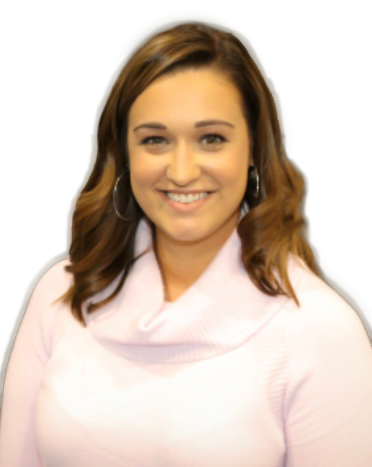
COVID-19 deaths in Nevada, Clark County fall to lowest point in pandemic
COVID-19 deaths in Nevada fell to their lowest point of the pandemic this week, while numbers of hospitalizations and cases continued their free fall.

COVID-19 deaths in Nevada fell to their lowest point of the pandemic this week, while numbers of hospitalizations and cases continued their free fall.

We usually think of shedworkers as being one-person bands, but that's becoming quite an outdated concept now as hybrid working really kicks in and garden offices have become a normal feature of working life. So it's also important to recognise that employers as much as employees have need of a decent shedworking space. There's an interesting article on just this subejct at Raconteur called 'Remote control: the rise of the hybrid CEO'. Here's a snippet:

Ukraine will likely produce half of its normal wheat crop next year, which means wheat prices are likely to remain high, a University of California-Los Angeles business administration professor says.

The resignation of Glossier CEO Emily Weiss inspired another wave of obituaries for young female founders. Nevertheless, they persist—and refuse to be put on glass pedestals again.

President Biden announced that the COVID-19 pandemic is over. Medical experts responded with evidence that this is not the case. Even the White House later announced that nothing has changed about the pandemic and that all precautions necessary to suppress the spread of the virus and its impact on the population remain intact and appropriate.

Ashley Smith
Public Affairs Coordinator
INFORMS
Catonsville, MD
[email protected]
443-757-3578
An audio journey of how data and analytics save lives, save money and solve problems.


Can we really trust AI to make better decisions than humans? A new study says … not always. Researchers have discovered that OpenAI’s ChatGPT, one of the most advanced and popular AI models, makes the same kinds of decision-making mistakes as humans in some situations—showing biases like overconfidence of hot-hand (gambler’s) fallacy—yet acting inhuman in others (e.g., not suffering from base-rate neglect or sunk cost fallacies).

The genetic testing company 23andMe, which holds the genetic data of 15 million people, declared bankruptcy on Sunday night after years of financial struggles. This means that all of the extremely personal user data could be up for sale—and that vast trove of genetic data could draw interest from AI companies looking to train their data sets, experts say.

Robert F. Kennedy Jr., as the new secretary of Health and Human Services, is the nation’s de facto healthcare czar. He will have influence over numerous highly visible agencies, including the Centers for Disease Control and Prevention, the National Institutes of Health and the Food and Drug Administration, among others. Given that healthcare is something that touches everyone’s life, his footprint of influence will be expansive.

Health insurance has become necessary, with large and unpredictable health care costs always looming before each of us. Unfortunately, the majority of people have experienced problems when using their health insurance to pay for their medical care. Health insurance serves as the buffer between patients and the medical care system, using population pooling to mitigate the risk exposure on any one individual.

Oklahoma State University's Sunderesh Heragu joins LiveNOW's Austin Westfall to discuss the evolving economic landscape after President Trump implemented tariffs on some of our biggest trade partners. Most tariffs have been halted for now -- but not with China. Beijing and the White House have levied steep tariffs on each other. Trump announced that tariffs on China would reach 145 percent. In response, China imposed 125 percent tariffs on U.S.-imported goods.

Washington’s experiment with tariff trade torment makes lab costs soar; ‘it’s like doubling the price tag’, US researcher says

In the case of upgrading electrical and broadband infrastructure, new analysis from the University of Massachusetts Amherst reveals {that a} “dig once” strategy is almost 40% more economical than changing them individually.

Billionaire investor Mark Cuban's question to Representative Matt Gaetz, a Florida Republican, on energy costs took off on social media on Saturday.